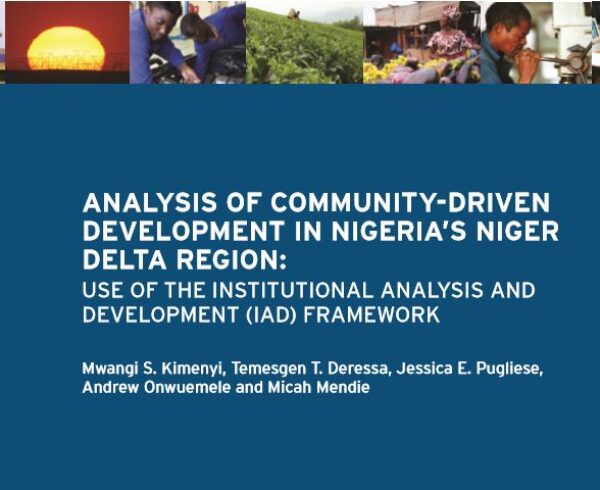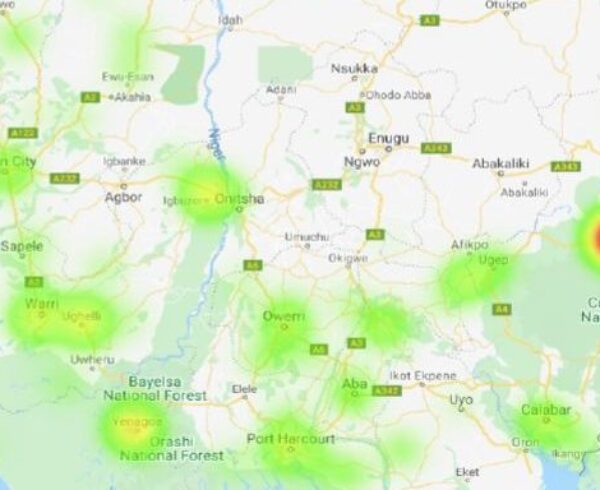Exactly fifty years ago, Nigeria’s South East region comprising Abia, Anambra, Ebonyi, Enugu, and Imo formally announced its break away from Nigeria and proclamation of a new nation called Biafra. The Federal Government effectively subdued the secessionist action after almost three years of devastating civil war that resulted in over one million deaths, largely children through starvation and aerial bombardment, between 1967 and early 1970. Despite the devastation and loss of life, five decades later, agitation for the state of Biafra has resurfaced. The renewed agitation over the independence of Biafra has again become one of the most pressing and contentious issues in recent times, calling into question the very existence of Nigeria as a unified country. Several historical and contemporary factors have intersected and lent increased vigor to these agitations.
Since 2015, the Pro-Biafra movement has been making steady progress in raising awareness, and drawing sympathizers and supporters to its cause in the South East, as well as extending its reach into the Niger Delta region. It is worthy of note that there are numerous Pro-Biafra organizations with varying degrees of influence and followership. The most prominent groups among them are: The Indigenous People of Biafra (IPOB); the Movement for the Actualization of the Sovereign State of Biafra (MASSOB); and the Biafra Zionist Movement (BZM). Between 2nd and 17th November, the PIND/ P4P peacebuilding team conducted key informant interviews with stakeholders representing local and national government, as well as members of the pro-Biafra movement and civil society representatives.
This brief explores the extent to which the Pro-Biafra movement and other Niger Delta protest groups are mutually reinforcing in the context of deepening ethno-political polarization nationwide, comparing election cycles and considering the implications for election violence mitigation in 2019. It is critical to consider the implications now, as far too often, relevant stakeholders commence election violence prevention programing too late to ensure that peace messaging is effective, lines of communication are open, and strategies and scenario planning aimed at preventing violence are effective. Therefore, this brief is a call to early action.






Leave a Comment